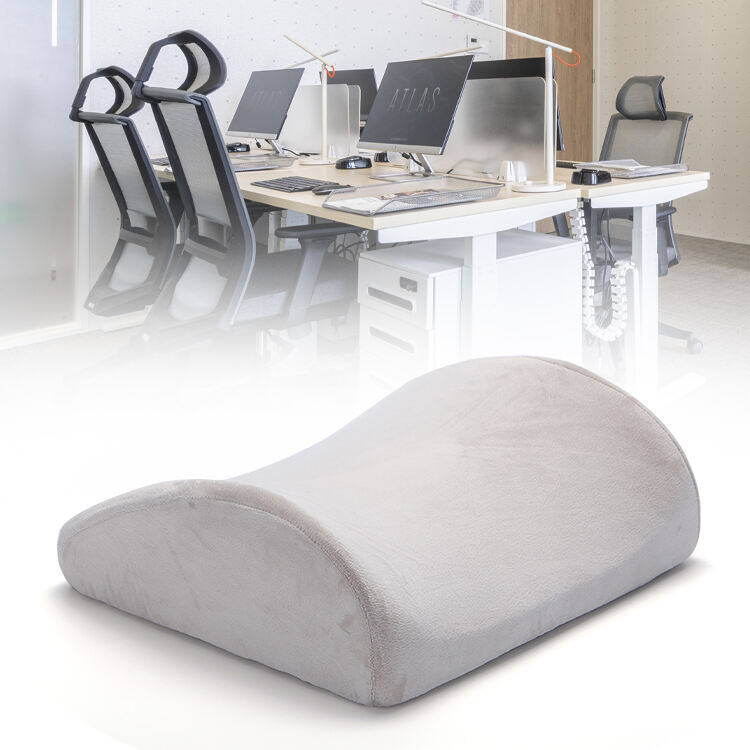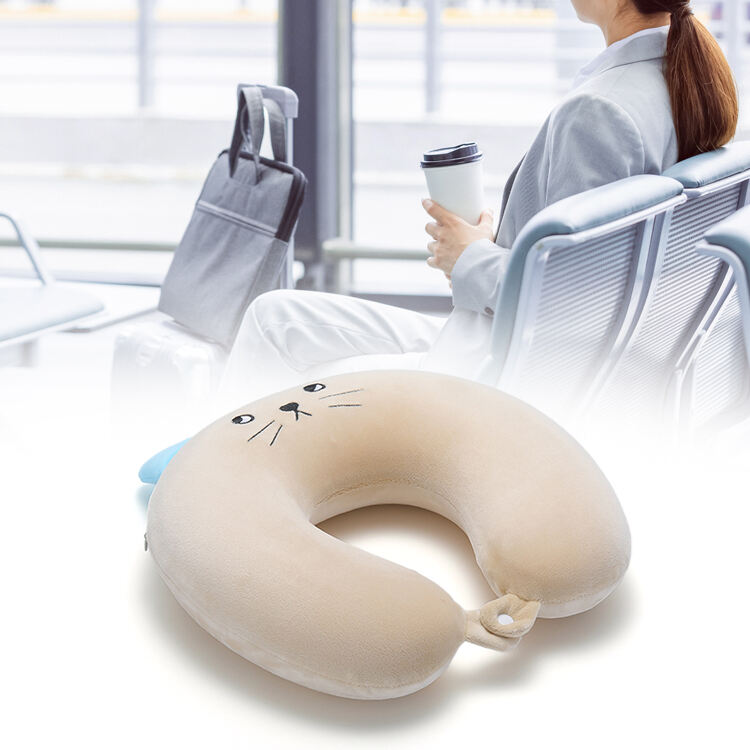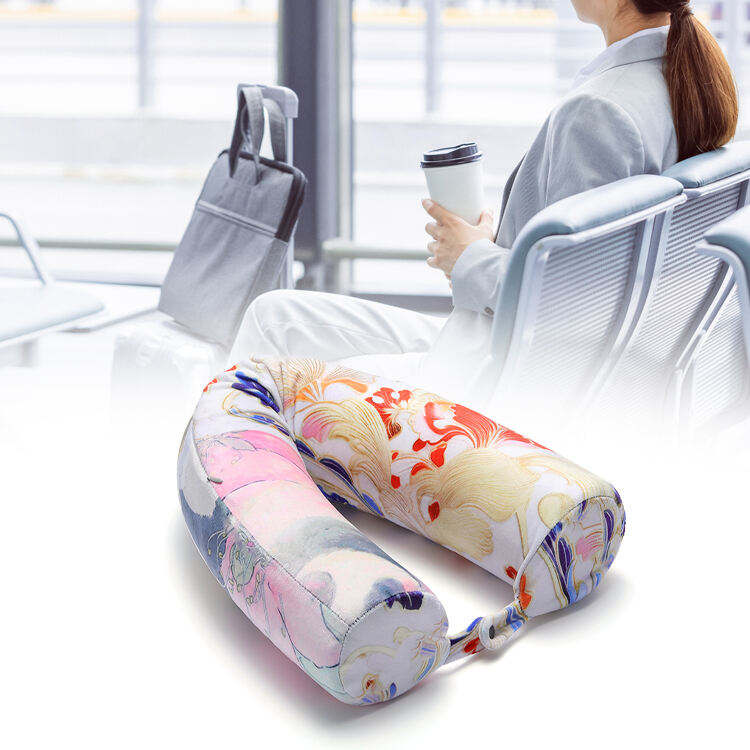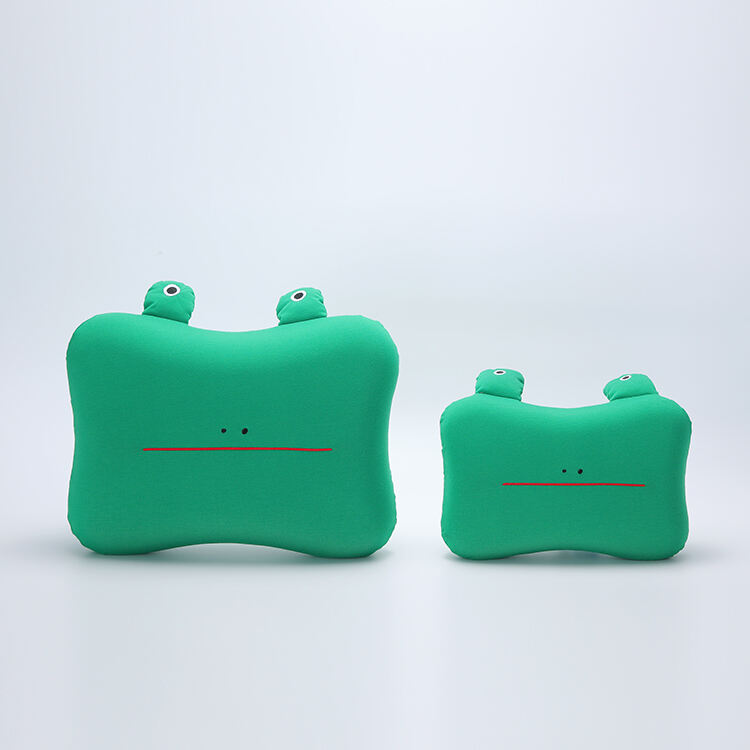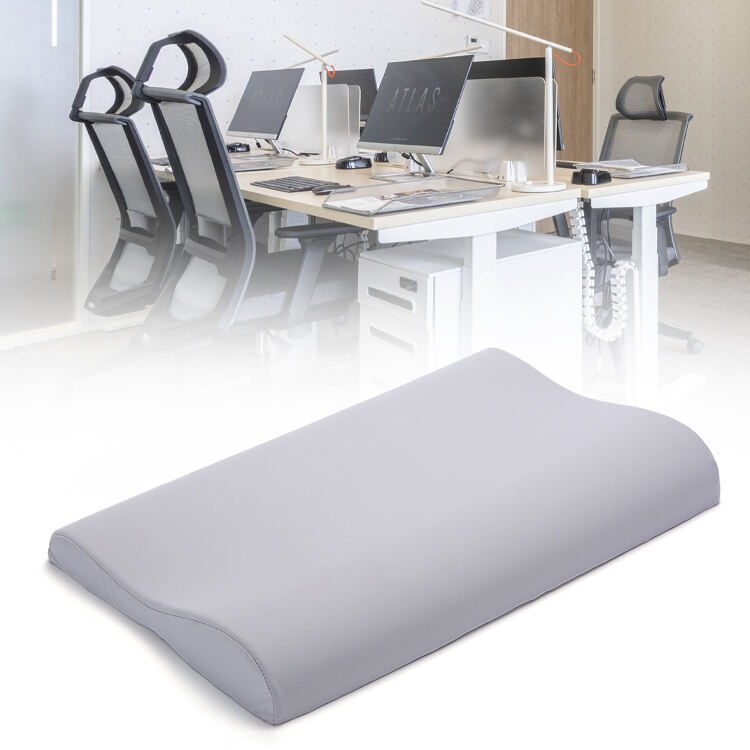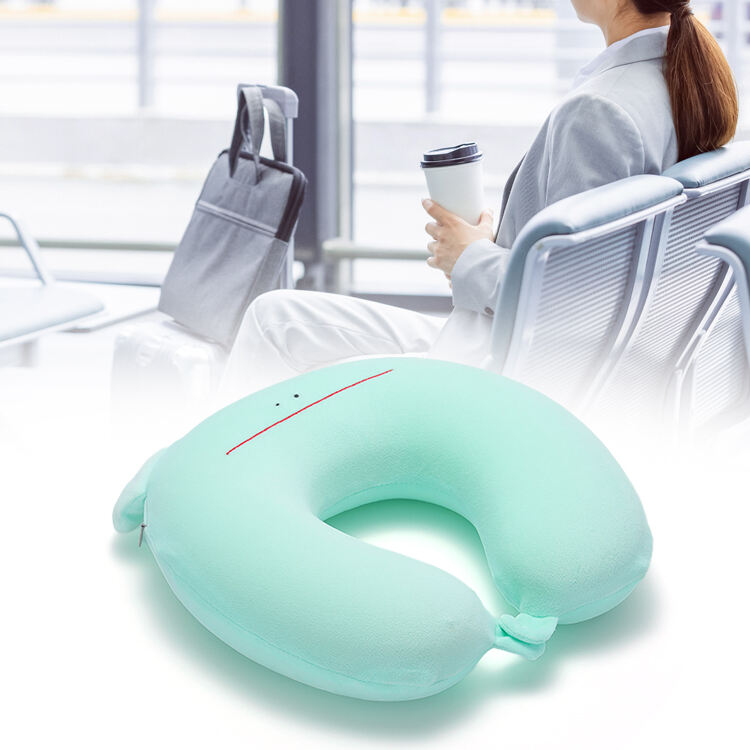Lumbar support plays a key role in keeping the spine’s natural curve intact during long work hours. When sitting at a desk for hours most people tend to slouch or hunch forward which flattens the lower spine’s natural inward curve. This abnormal posture strains the spinal discs muscles and ligaments in the lower back. Lumbar support—whether built into an office chair or added as a cushion—fills the gap between the lower back and the chair back. It gently pushes the lower back forward helping to retain the spine’s natural S shape. For example a well designed lumbar support cushion keeps the lower spine curved properly even when typing or reading documents for hours. This reduces unnecessary stress on the spine and lowers the risk of back pain caused by poor posture.

Reduces Pressure on the Lower Back
Sitting for extended periods at work increases pressure on the lower back especially the spinal discs. Without proper support the weight of the upper body presses down heavily on these discs which can lead to disc compression and pain over time. Lumbar support distributes this pressure more evenly across the lower back and pelvis. It acts as a buffer that takes some of the load off the spinal discs and transfers it to the chair. For instance when using an office chair with adjustable lumbar support you can position the support to align with your lower back. This adjustment ensures that the pressure from your upper body is spread out rather than concentrated on a small area of the lower back. By reducing pressure lumbar support prevents the discomfort and pain that come from prolonged sitting.
Supports the Lower Back Muscles
The muscles in the lower back work hard to keep the body upright while sitting at work. When these muscles are overworked or fatigued they can become tight sore or weak leading to back pain. Lumbar support eases the burden on these muscles by providing external support. It helps the muscles maintain proper posture without having to strain. For example if you sit at a desk for 8 hours a day your lower back muscles would normally have to hold your torso up continuously. With lumbar support the cushion or chair back takes over part of this work allowing the muscles to relax. This relaxation prevents muscle fatigue and tightness which are common causes of back pain after a long workday. Over time it also helps keep the lower back muscles strong by avoiding overuse injuries.
Encourages Proper Sitting Posture
Many cases of work related back pain come from poor sitting habits such as leaning too far forward crossing legs or sitting too close to the desk. Lumbar support serves as a reminder and guide for maintaining proper posture. It feels uncomfortable to slouch when using lumbar support because the support pushes back against the lower back encouraging you to sit up straight. For example if you try to hunch forward while using a lumbar cushion you will feel pressure on your lower back which prompts you to adjust your posture. This constant gentle reminder helps form good sitting habits over time. By encouraging proper posture lumbar support reduces the strain on the back and prevents pain caused by incorrect sitting positions.
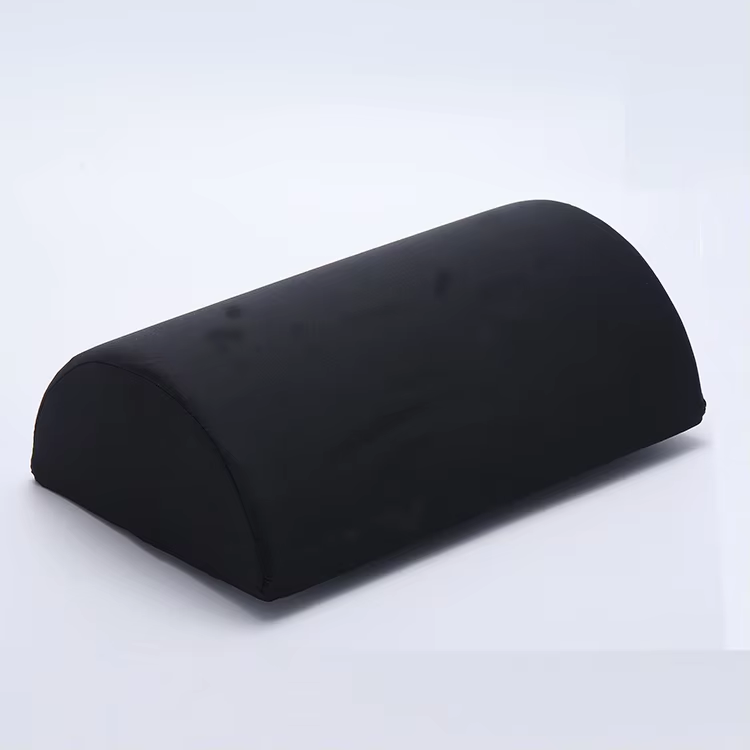
Prevents Muscle Stiffness and Tightness
Sitting in the same position for hours at work often leads to muscle stiffness and tightness in the lower back shoulders and neck. This stiffness can develop into pain if not addressed. Lumbar support helps keep the lower back in a relaxed neutral position which reduces muscle tension. It allows the muscles to stay in a natural state rather than being stretched or contracted for long periods. For instance when using lumbar support your lower back muscles do not have to stay tense to hold your posture. This lack of tension prevents the muscles from becoming stiff. At the end of the workday you will feel less soreness and tightness in your lower back making it easier to move around and avoid pain.
Adapts to Different Work Environments
Lumbar support is versatile and can be used in various work environments which helps prevent back pain no matter where you work. Whether you are sitting at a traditional office desk working from home on a dining chair or using a standing desk for part of the day there is a lumbar support option that fits your needs. For example portable lumbar cushions can be carried from the office to home making it easy to maintain support wherever you sit. Office chairs with built in lumbar support can be adjusted to fit different body types and sitting preferences. Even car seats for commuters can use lumbar support to prevent back pain during long drives to and from work. This adaptability ensures that you can get the necessary support in any work related sitting situation.
